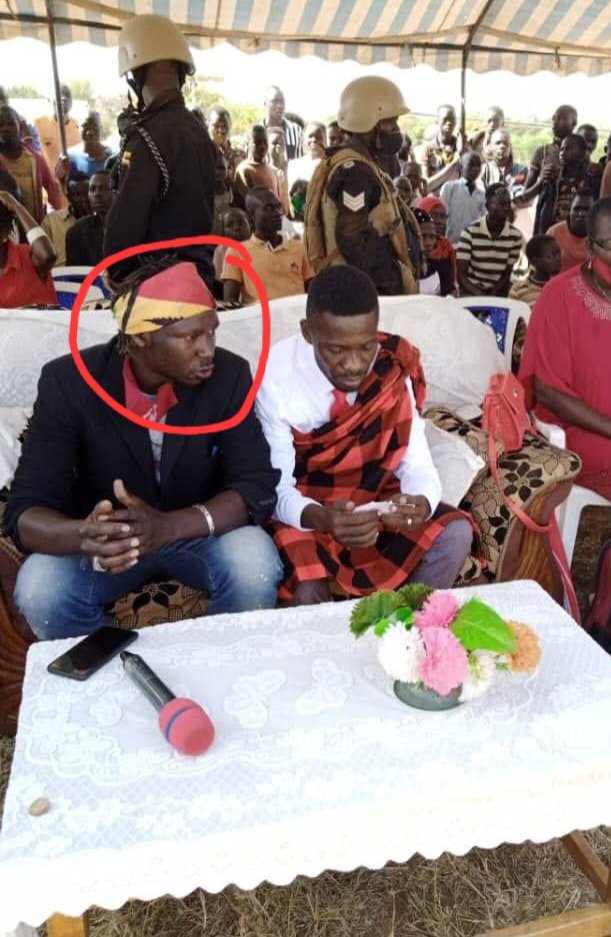Last week, various speakers and participants highlighted the relevance of the alternative justice system in Uganda. “If we are to achieve what communities like Zambia and Namibia have achieved in terms of resolving community conflicts, then Uganda must strengthen the alternative justice system,” emphasized Prof. Andrew Khaukha, the Head of the Judiciary Training Institute and a High Court judge. The Ankole Times brings the details.
The spokesperson of the Bamasaaba cultural institution, Steven Masiga, narrated how the Bamasaaba community has been using alternative means of dispute resolution without resorting to litigation. He reminded the participants in Munyonyo how the alternative justice system has “done wonders for Bamasaaba” by helping them resolve cultural leadership wrangles in Bukuka.
He reported to the Chief Justice and Hon. Norbert Mao that the Bamasaaba used the constitutional formulas proposed by Parliament in Articles 246(2) and Section 16(1) to resolve the wrangles in Bukuka. He requested the Judiciary to archive this “Bugisu success story as a locus classicus” which could be used by other cultural institutions with unresolved leadership wrangles.
The Director of Public Prosecutions (DPP), Her Lordship Jane Abodo, informed the participants, who primarily included cultural leaders, church representatives, and High Court judges, that Karamoja, her home area, has successfully utilized the alternative justice system to iron out community conflicts. “It is not that we don’t have disputes in my home area, but rather we use the alternative justice system to resolve them,” she stated.
Hon. Mao, the Minister for Constitutional Affairs, and the Chief Justice, Hon. Owiny-Dollo, outlined the relevance of solving community conflicts using localized means and quoted the “Makoput,” a popular remedy in Acholi land.
Statistics by the Judiciary indicate that only 5% of cases reach court, with the majority being resolved informally in communities. This is why the Judiciary is coming out to support such initiatives for informal resolution of cases.




















